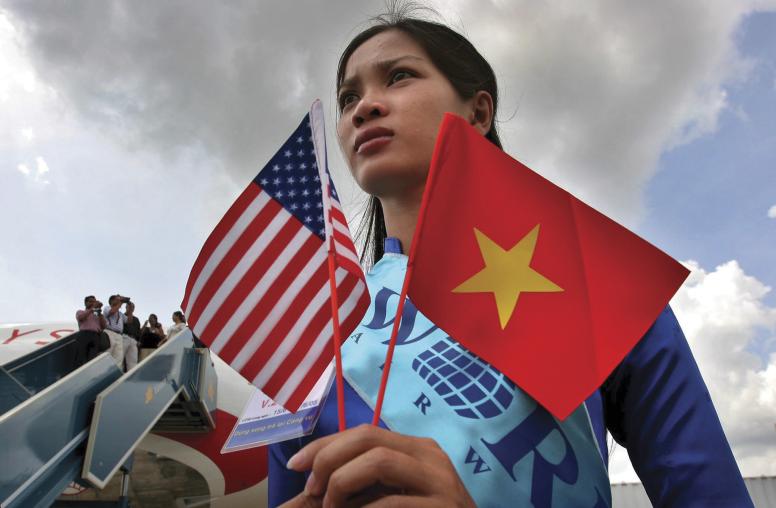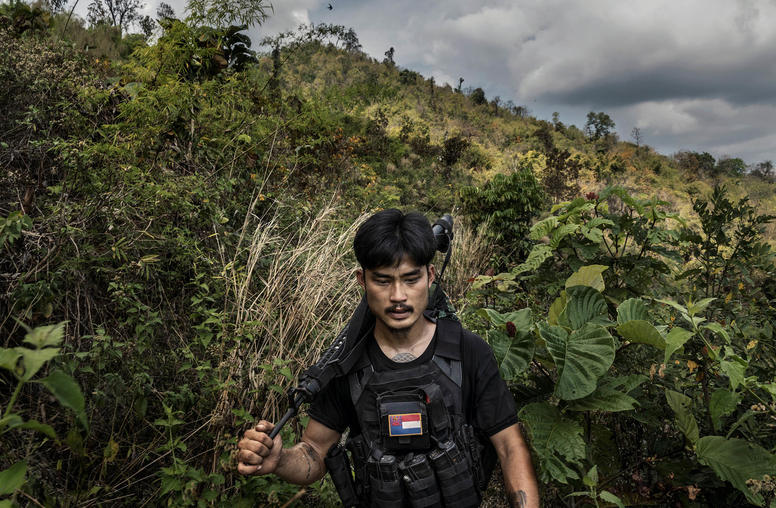Andrew Wells-Dang, Ph.D.
Contact
Please submit all media inquiries to interviews@usip.org or call 202.429.3869.
For all other inquiries, please call 202.457.1700
Dr. Andrew Wells-Dang leads the Vietnam War Legacies and Reconciliation Initiative at USIP and contributes to other projects on Southeast Asia. Dr. Wells-Dang joined USIP following over 15 years of experience with international nongovernmental organizations in Vietnam, including as Oxfam’s senior governance advisor and Catholic Relief Services’ country representative. He has also worked in China, Cambodia, and Laos. In these roles, he designed and led programs in education, disability rights, UXO/landmine risk reduction, environmental and health policy advocacy, and judicial reform with a range of Vietnamese governmental and non-state partners.
Dr. Wells-Dang's Washington experience includes his most recent role as deputy director for advocacy strategy and learning at CARE USA and Washington representative for the Fund for Reconciliation and Development. His research interests include U.S.-Vietnam relations, war legacies, land rights, civil society and governance.
Dr. Wells-Dang holds a doctorate in political science from the University of Birmingham and a master’s in social change and development from the Johns Hopkins School of Advanced International Studies. He is the author of Civil Society Networks in China and Vietnam (Palgrave Macmillan). He is fluent in Vietnamese and proficient in Mandarin, French, and German.




